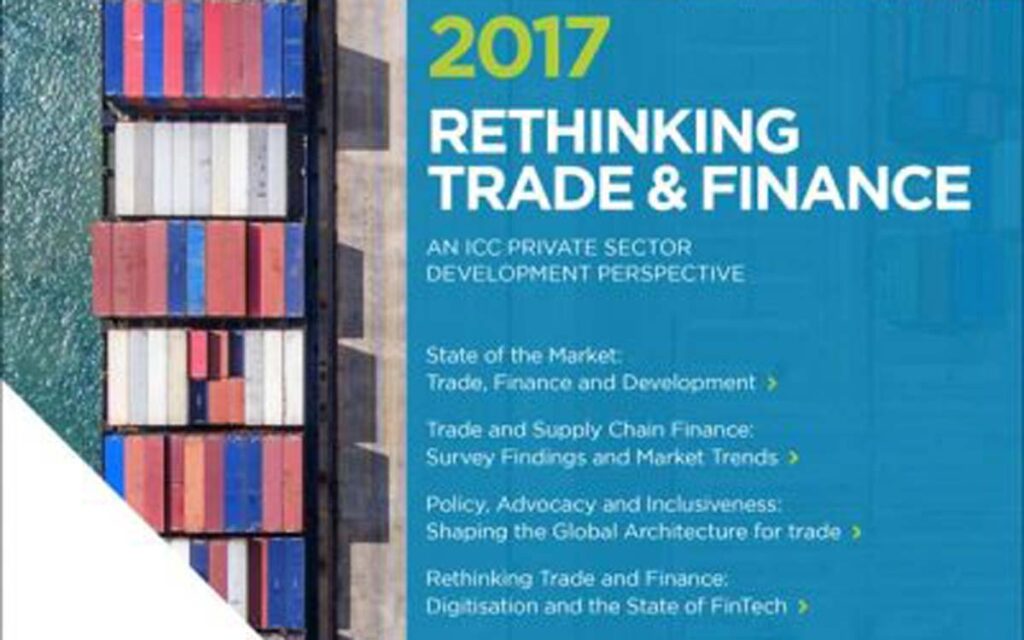The following excerpts are from “Data is the New Oil in B2B Banking,” authored by Traxpay’s Founder/CEO Markus Rupprecht (including editorial comments) for a recent report published by theInternationalen Handelskammer (ICC) published report under the title „Rethinking Trade & Finance: An ICC Private Sector Perspective“.
“FinTech has often been portrayed as a disintermediation for banks. 18 years ago PayPal, at the time a new market entrant, began its quest to shake up the financial services industry and ultimately captured a very big piece of the B2C payment pie. It has been enormously successful, and other B2C payment providers have since joined the movement to challenge banks in this space. While banks continue to dominate in other B2C segments such as real estate financing, retirement planning, and consumer investment strategies, they must now turn their focus to threats looming in the market for B2B transactions — a global market that has been estimated to be worth more than USD 300 trillion annually.”
“The banks that find the right partner will have the opportunity to tap into the largest oil wells of the 21st century.”
“There is an ever-increasing demand for integrated and innovative financial products in the B2B market. Enterprises are seeking convenience and flexibility, automated transaction processing, and optimized working capital. They need streamlined processes to succeed in the age of international commerce which has become infinitely more complex, competitive, and costly.”
“One of the most important problems is still reconciliation in Accounts Payable and Accounts Receivable. As long as invoicing cannot be allocated with a fully-automated process, it is very difficult to refinance it on a flexible, ad hoc basis. It’s generally accepted that the average invoice in B2B is worth EUR 10,000. A 60-day maturity at 3% would yield EUR 50 of interest. Since most reconciliation studies are based on higher yields, refinancing on a one-off basis makes little sense.”




